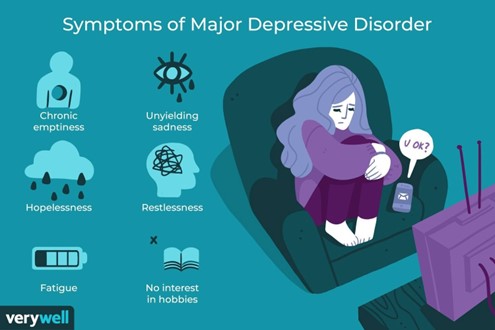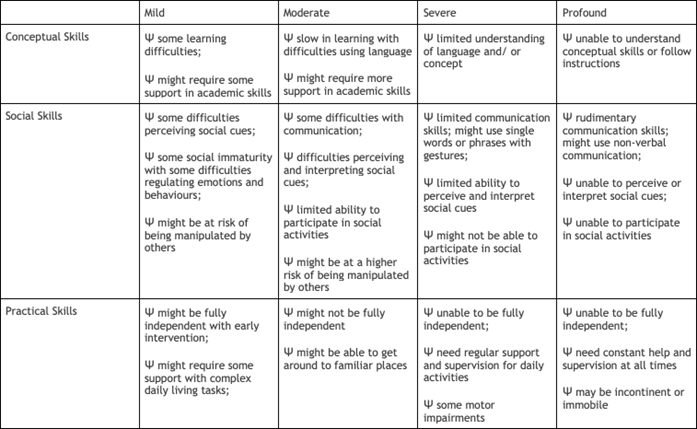A middle-aged male who drinks a "fifth of liquor" every night is brought to the clinic for a pre-arranged family intervention. After each family member confronts the client, the healthcare provider tells the client that he will be heading to the hospital for detoxification. The client shouts at the practical nurse (PN) that he sees no reason for hospitalization. How should PN respond?
Listen attentively to the client's expression of anger, then support the family's wish that the client be hospitalized.
Tell the client that monitoring and medication management during detoxification is best provided in the hospital.
Explain to the client that his family cares about him and wants him to be hospitalized during detoxification.
Use a mater-of-fact manner to inform the client that hospitalization is necessary during detoxification.
The Correct Answer is B
Detoxification can be a difficult and potentially dangerous process, and it's important for the client to receive proper monitoring and medication management during this time. The hospital is equipped to provide this level of care and support. The practical nurse should explain this to the client and emphasize the importance of receiving proper care during detoxification.
Nursing Test Bank
Naxlex Comprehensive Predictor Exams
Related Questions
Correct Answer is A
Explanation
One of the most important interventions in caring for clients with major depressive disorder is building a therapeutic relationship. Scheduling regular periods of time for interaction with the client demonstrates support and provides an opportunity for the client to express their feelings and concerns. Journaling and self-reflection can be helpful interventions for some clients, but they do not necessarily demonstrate support.
Assisting the client to identify symptoms of depression is important for assessment and care planning, but it is not a way to demonstrate support.
Incorporating animated communication techniques may be appropriate for certain clients, but it is not a universal intervention for supporting clients with major depressive disorder.

Correct Answer is A
Explanation
The primary goal of treatment for a child with a developmental disability is to help the child reach their full potential, despite their disability. This involves identifying and addressing any barriers to the child's development and providing them with the necessary support and interventions to promote their growth and development. It is important to focus on the child's abilities and strengths rather than their limitations.
Option B is incorrect as it focuses on rehabilitation, which is not the primary goal of treatment for a child with a developmental disability.
Option C is incorrect as it refers to preventing further disability, which may not always be possible depending on the cause of the disability.
Option D is incorrect as it focuses on social acceptability, which is not the primary goal of treatment for a child with a developmental disability.

Whether you are a student looking to ace your exams or a practicing nurse seeking to enhance your expertise , our nursing education contents will empower you with the confidence and competence to make a difference in the lives of patients and become a respected leader in the healthcare field.
Visit Naxlex, invest in your future and unlock endless possibilities with our unparalleled nursing education contents today
Report Wrong Answer on the Current Question
Do you disagree with the answer? If yes, what is your expected answer? Explain.
Kindly be descriptive with the issue you are facing.
